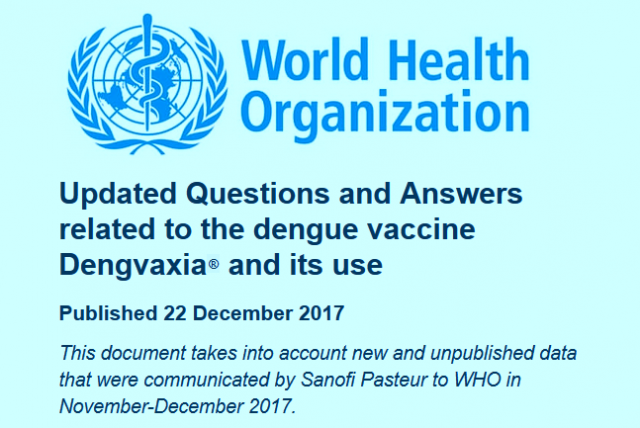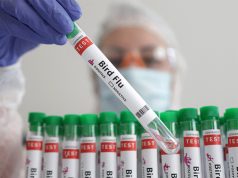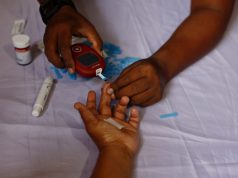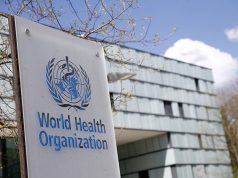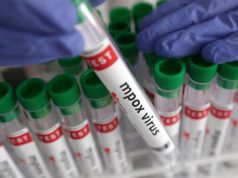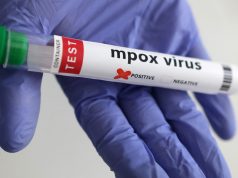Amid the brewing controversy and apparent public confusion regarding the use of the anti-dengue vaccine Dengvaxia in the Philippines, the World Health Organization has released an updated Q&A file addressing recent findings related to the drug manufactured by Sanofi Pasteur.
The WHO update is in keeping with the scientific community’s adherence to professional tenets of transparency.
WHO published the recommendations of the Strategic Advisory Group of Experts on Immunization (SAGE) on the use of Dengvaxia® on 27 May 2016 (1), and subsequently a WHO position paper on dengue vaccine on 29 July 2016 (2).
This document replaces a questions and answers document web-posted by WHO on 30 November 2017.
Following the disclosure to WHO of new data on Dengvaxia® by its manufacturer, Sanofi Pasteur, as described in more detail below, WHO has initiated a process engaging independent external experts to review the data in detail. This process is expected to lead to revised recommendations from SAGE in April 2018, and to an updated WHO position paper on dengue vaccine thereafter.
Included in the Q&A are clarifications regarding what to do in case patients have received incomplete dosages of Dengvaxia.
” … in documented high seroprevalence settings, where vaccination has started but the schedule has not yet been completed, there is likely to be an overall benefit to the population if individuals complete the schedule, hereby assuring protection of seropositive individuals who make up the majority of the vaccinated population. Programmatic and communication issues should be taken into consideration in deciding on the continuation of a vaccination program.”
The update also mentioned, in part, that … “The results confirmed previous findings that, overall, vaccinated trial participants had a reduced risk of virologically-confirmed severe dengue and hospitalizations due to dengue.”
What is the risk of developing severe dengue in a vaccinated seronegative person compared to an unvaccinated seropositive person when exposed to a wild-type dengue virus infection?
“The new analysis by Sanofi Pasteur suggests a similar rate of severe and hospitalized dengue between unvaccinated seropositive persons and vaccinated seronegative persons.
“The clinical severity in the vaccinated seronegative group was similar to that of severe cases in the unvaccinated seropositive group. In the clinical trials for those aged 9 years and above, the cases of severe dengue that occurred in initially seronegative vaccine recipients were categorized by the company as Dengue Hemorrhagic Fever Grades I and II and did not lead to shock, severe bleeding or death. All of the patients with dengue illnesses in the trial recovered.”
WHO’s position on the dengue vaccine
“WHO acknowledges that in high seroprevalence settings, the vaccine can have significant population-level benefits. However, until a full review has been conducted, WHO recommends vaccination only in individuals with a documented past dengue infection, either by a diagnostic test or by a documented medical history of past dengue illness.”
The updated Q&A of the WHO on the dengue vaccine may be found by following this link: Updated Questions and Answers related to the dengue vaccine Dengvaxia® and its use, Published 22 December 2017

